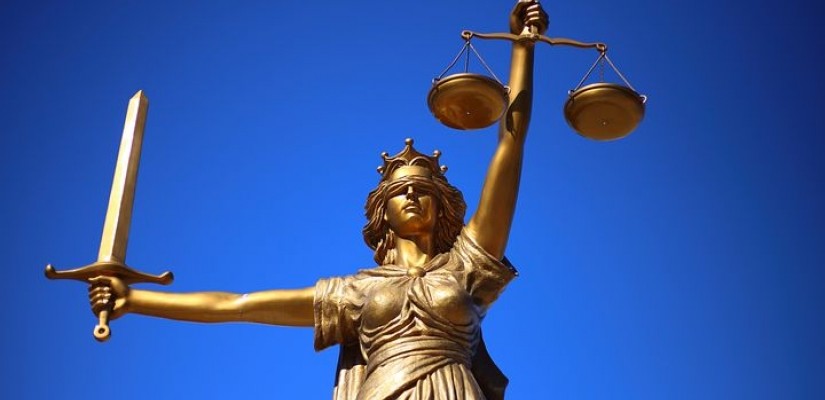
Ever since taking office in June 2016, the Philippines’ President Duterte has followed a hardline policy against drugs and crime. Duterte’s shoot-to-kill policy against drug traders and drug consumers is a crusade of national scope. In February 2018, the Office of the Prosecutor of the International Criminal Court (ICC) decided to take action and opened preliminary examinations on more than 17,000 extrajudicial killings executed by the Philippine National Police (PNP) and unidentified assailants. President Duterte was quick to counteract the examinations by forwarding a notification of withdrawal from the ICC to the United Nations, the depositary of the Rome Statue of the ICC, on March 17, 2018. After a one-year mandatory waiting phase, the Philippines officially terminated its membership with the ICC on March 17, 2019.
Despite the Philippines’ withdrawal, the ICC maintains the right to investigate crimes committed during the entire length of the country’s membership status. The ICC is charged with conducting examinations of such situations and collecting evidence. On the one hand, this means that Duterte can be charged with command responsibility for crimes against humanity that were committed before the Philippines’ withdrawal, but on the other hand, it also means that future crimes will not fall under the ICC’s jurisdiction.
In spite of the ICC’s efforts to end impunity around the globe, active cases proceed very slowly. The case of Jean-Pierre Bemba, former Vice-President of the Democratic Republic of Congo (DRC), dragged on for more than ten years and was closed with his acquittal. In addition, the ICC spent four years investigating before it was able to issue an arrest warrant for Sudanese President Omar al-Bashir. Therefore, Duterte and responsible officials are not expected to face trial before the end of Duterte’s time in office in 2022. Until then, human rights abuses in the Philippines can continue.
It also seems unlikely that Duterte will be brought to justice by domestic courts before the end of his presidency because of his strongman leadership and the country’s porous judicial system. Critical voices condemning his policies are silenced across the board, from journalist Maria Ressa to Senator Leila de Lima to former Chief Justice Maria Lourdes Sereno. At the same time, chances that the Philippine people will demand Duterte’s arrest are also comparatively low since his approval ratings continuously soar above 70%. Among the reasons for his popularity are his populist rhetoric and the country’s economic growth due to governmental infrastructure development projects during his time in office.
International intervention to stop the systematic execution of civilians in the Philippines will also prove to be difficult because of the state’s right to sovereignty. External intervention by military forces would harm diplomatic ties between the state government and the international community. In the Philippine case, it is to be expected that Duterte will not tolerate foreign intervention. Hence, the chances of curbing Duterte’s war on drugs in the coming three years are slight. The Philippines’ withdrawal from the ICC marks a clear protection from the interference of the international community.
Additionally, Duterte’s war on drugs has encouraged a replication of his violent policy in Indonesia. This further corrodes the protection of human rights in the region. Indonesian President Joko Widodo expressed his admiration for the approach, leading a country into bloodshed which never signed the Rome Statute of the International Criminal Court in the first place. This clears the path for greater brutality, impunity and the destabilization of judicial institutions. It is important to note that only 18 states in the Asia-Pacific are ICC members. Among them are Japan, South Korea, and Bangladesh. In contrast, Myanmar, China, India, Sri Lanka, Vietnam, and Singapore neither signed not ratified the Rome Statue, leaving accountability for atrocities in the hands of domestic institutions. Since the ICC has now turned its eyes on the Asia-Pacific region, Indonesia seems to have little reason to join the ICC under President Widodo who is running for re-election in April 2019.
